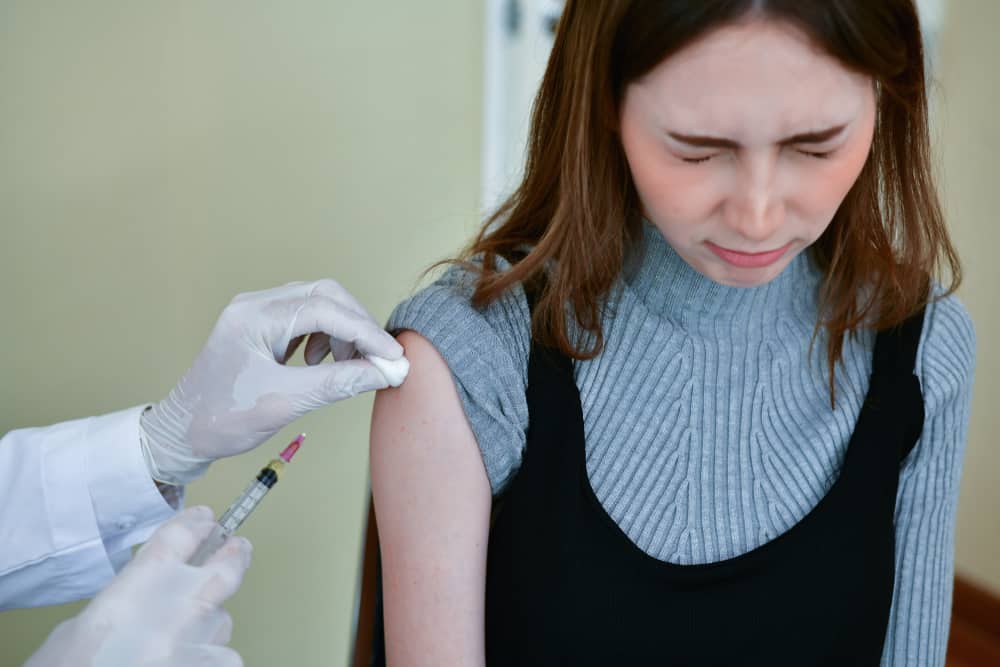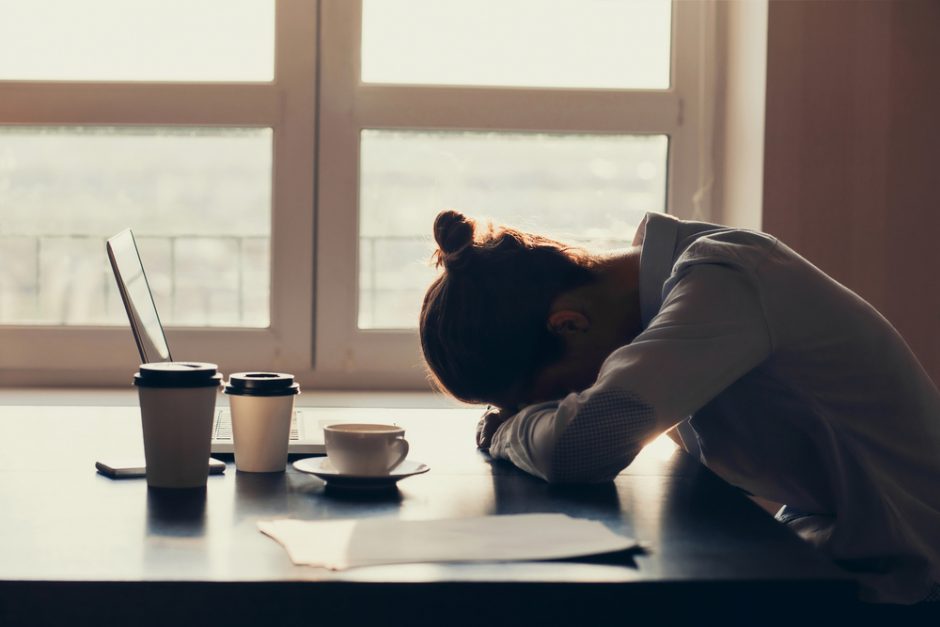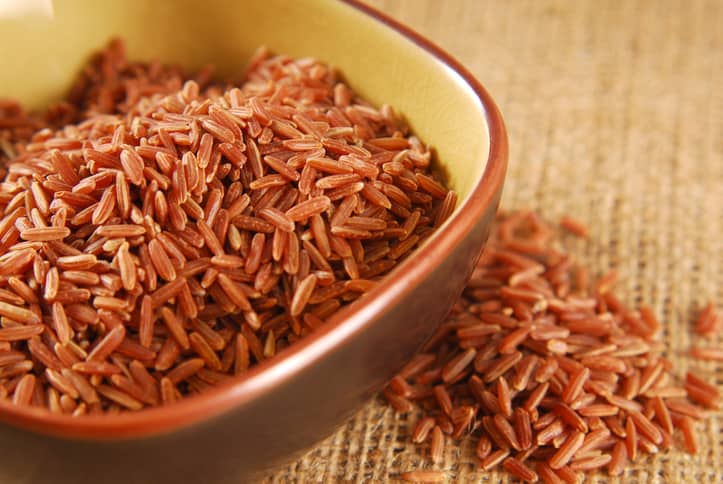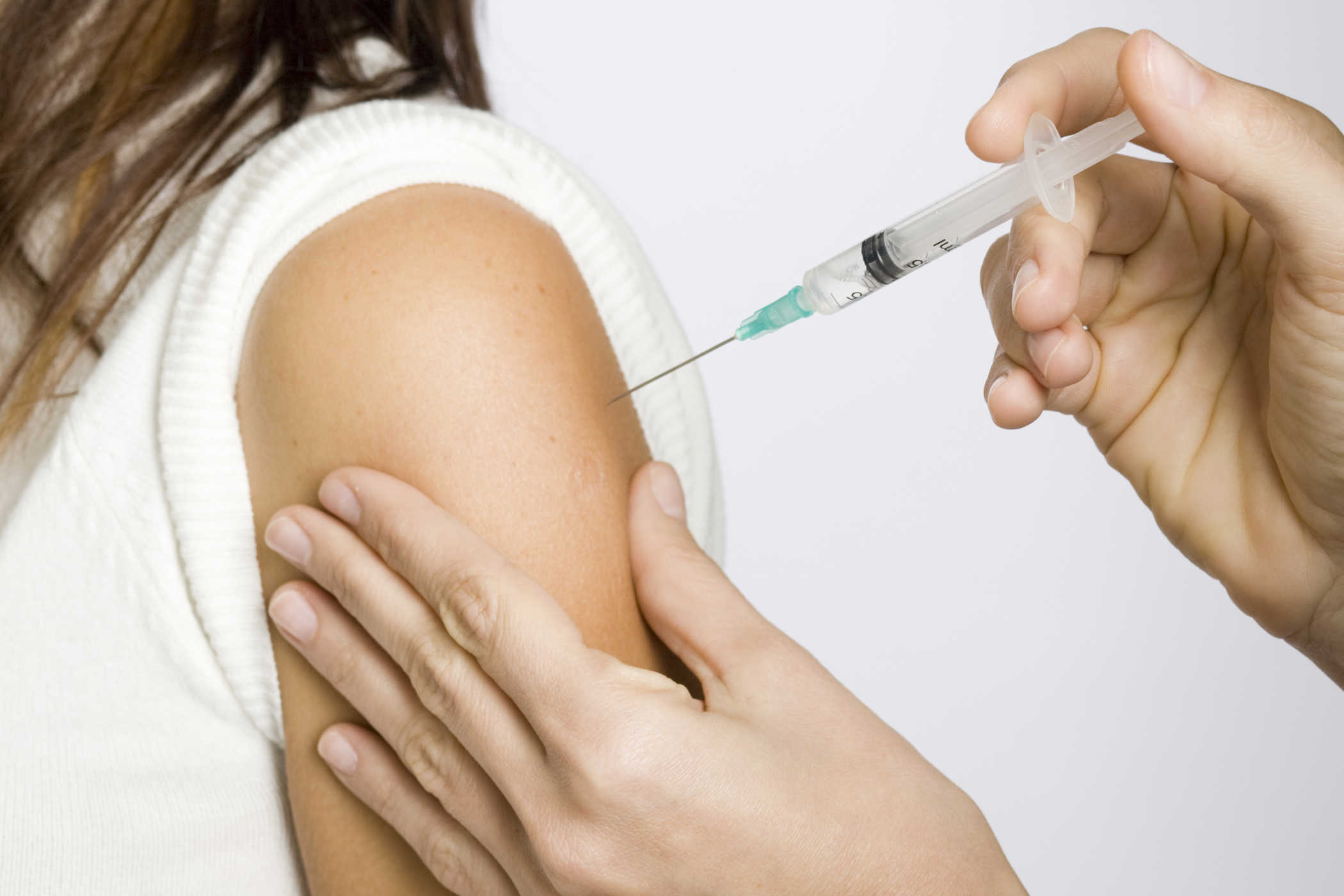Contents:
- Medical Video: 3 ways to manage a fear of needles
- Why are people afraid of needles?
- What, why do people fear being injected?
- What is the danger if people are afraid of syringes?
- Tips to minimize pain when injected
- Then, how to deal with people who have needle phobias?
Medical Video: 3 ways to manage a fear of needles
For some people, especially young children, syringes are a terrible thing. However, there are also adults who are afraid of syringes. The pain piercing the skin from the sharpness of the needle will also make some people shudder in horror when imagining it. Then, are there any tips for overcoming fear of needles for adults or even children?
Why are people afraid of needles?
According to Joni Pagenkemper, head of diabetes management in Nebraska Medicine, there are 22% of people in the world who are afraid of injections or syringes. In fact, there are several conditions that require someone to be injected by a doctor, such as injections for administrationvaccine or even injecting insulin yourself at home for diabetics.
People who are afraid of injections, often called syringe phobias. Though both are different conditions. Syringe phobia is different from fear of ordinary syringes. Syringe phobia or also called trypanophobia is a condition when someone wants to injected, it will produce a reaction, such as experiencing high blood pressure and an increased heart rate. This can even occur a day before or several hours before being injected. Worse, people who have needle phobias can faint when they are going to be injected.
What, why do people fear being injected?
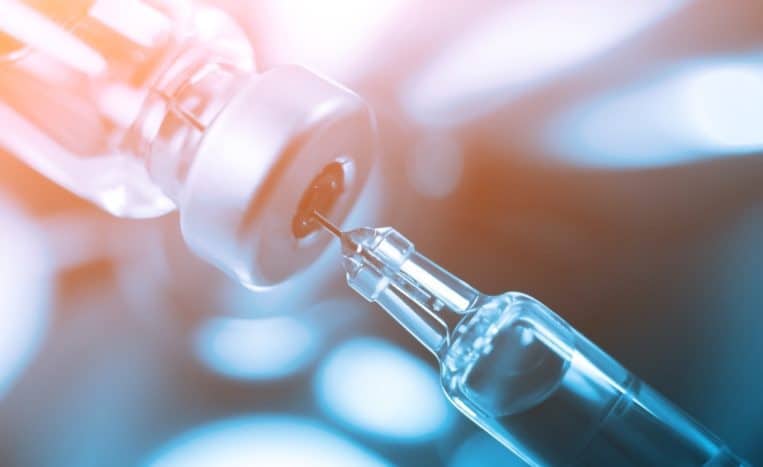
The reason people are afraid of the most basic syringes is the pain that results when the needle enters the skin and flesh. In addition, the fear of being injected can also be caused by trauma, such as trauma when injected by a doctor as a child. When injected, the doctor may do it gently and slowly so that it causes pain. As a result, a person becomes traumatized or afraid of being injected into adulthood.
Meanwhile, injected phobias can be caused by several reasons, although the exact cause is not yet known. The researchers believe that 80% of people who have needle phobias are caused by derivatives. That is, the possibility of phobia sufferers is not just someone alone. It could be that there are relatives who have the same phobia.
However, it is possible that more fear is caused by the shadow of pain rather than being inherited biologically. Some psychologists believe that the fear of being injected might start with the thought that stab wounds are dangerous even to death.
What is the danger if people are afraid of syringes?
Previously, please also note that there are several types of injections. Intravenous injections or injections into vein veins, intramuscular injections or injections into muscles. In addition, there are also injections into the fat layer or called subcutaneous. Generally, people injecting into subcutaneous tissue are carried out by people with diabetes who inject themselves independently.
People who are afraid of syringes may have an adverse effect on the body. The reason is, these people may avoid doing examinations at a general practitioner or dentist, in order not to meet with a syringe. Not infrequently, many people who are afraid of being injected let the disease go without treatment. Fear of syringes may also have an adverse effect on people with diabetes, while they have to inject independently every day.
Tips to minimize pain when injected
Joni Pagenkemper has several ways that can help you to avoid fear when injected, namely:
- If possible, make sure the injection room temperature is warm, not cold. Cold temperatures will provide a more stressful sensation
- Before doing the injection, usually the location to be injected will be cleaned using alcohol
- Always use new needles
- Attach the syringe to the body quickly so that the pain is not felt too much.
Some people who are required to inject themselves at home sometimes make mistakes. One of the mistakes made is to pinch the skin to be injected. This is not necessary, unless you have a body that is underweight or very thin.
Then, how to deal with people who have needle phobias?
There are a number of things that can be done if someone has a phobia injected. First there is cognitive therapy. This therapy has been widely used to treat trypanophobia. This therapy will slowly train your mind not to be afraid of the needle anymore.
Later the therapist will train people with phobias injected by showing pictures of injections to them. They will be asked to touch the image. Over time, patients will be trained not to be afraid of real-form syringes. However, this therapy will take a long time until the patient can really calm down when he sees the injection. Some experts also found the success of using hypnotherapy with their patients.
In addition, there are also treatments that use exposure therapy. This exposure therapy is similar to cognitive therapy. The focus of the therapy is to change your mental and physical response to the fear of needles.
Later, the therapist will expose you to the needle and thoughts related to what you fear they trigger. For example, your therapist might first show photos of needles. They may then stand next to the needle, hold the needle, and then maybe imagine being injected with a needle.
The last method, drug use may be needed when a person becomes so stressed that he cannot receive any psychotherapy to treat needle phobia. Anti-anxiety drugs or tranquilizers can make the body and brain of phobic patients quite relaxed to reduce symptoms of anxiety and excessive panic. Medications can also be used during a blood test or vaccination, if it helps reduce your stress on the syringe.

